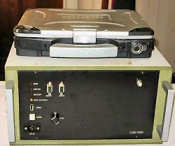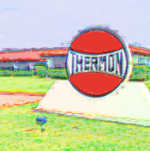 Thermon Manufacturing, based in San Marcos, Texas, agreed to pay $14,613.24 (and not one penny more or less) in civil penalties to the Office of Foreign Assets Control (“OFAC”) in connection with three exports by the company to Sudan in 2004 and 2005. The exports involved were heat-tracing equipment manufactured by the company. Heat-tracing equipment consist of systems used to maintain stable temperatures in pipes and pipelines and generally involve the use of steam, heated fluids or electrically-heated cables along the length of the piping.
Thermon Manufacturing, based in San Marcos, Texas, agreed to pay $14,613.24 (and not one penny more or less) in civil penalties to the Office of Foreign Assets Control (“OFAC”) in connection with three exports by the company to Sudan in 2004 and 2005. The exports involved were heat-tracing equipment manufactured by the company. Heat-tracing equipment consist of systems used to maintain stable temperatures in pipes and pipelines and generally involve the use of steam, heated fluids or electrically-heated cables along the length of the piping.
Thermon voluntarily disclosed the matter to OFAC. Probably a significant factor in the relatively low fine was, as OFAC put it in its announcement of the settlement agreement, that
Thermon also reported to OFAC corrective measures and improvements to its OFAC compliance procedures it had taken in response to its discovery of the alleged violations.
More interesting than the Thermon settlement, which was announced in OFAC’s monthly reports of civil penalties, was that this was the only settlement reported by OFAC this month. Not one Internet purchaser of Cuban cigars was collared by the agency in August. Perhaps all the cigar chasers at OFAC were on vacation. Or perhaps someone finally did a cost-benefit analysis of the agency’s war on Cuban cigars.

 Posted by
Posted by  Category:
Category: 

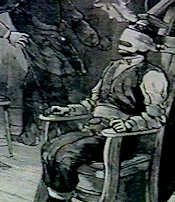 Last week the Bureau of Industry and Security (“BIS”)
Last week the Bureau of Industry and Security (“BIS”) 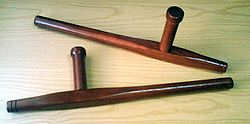
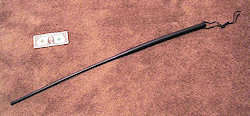

 Publicly-traded
Publicly-traded 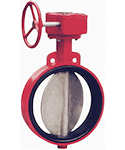 Houston-based
Houston-based 